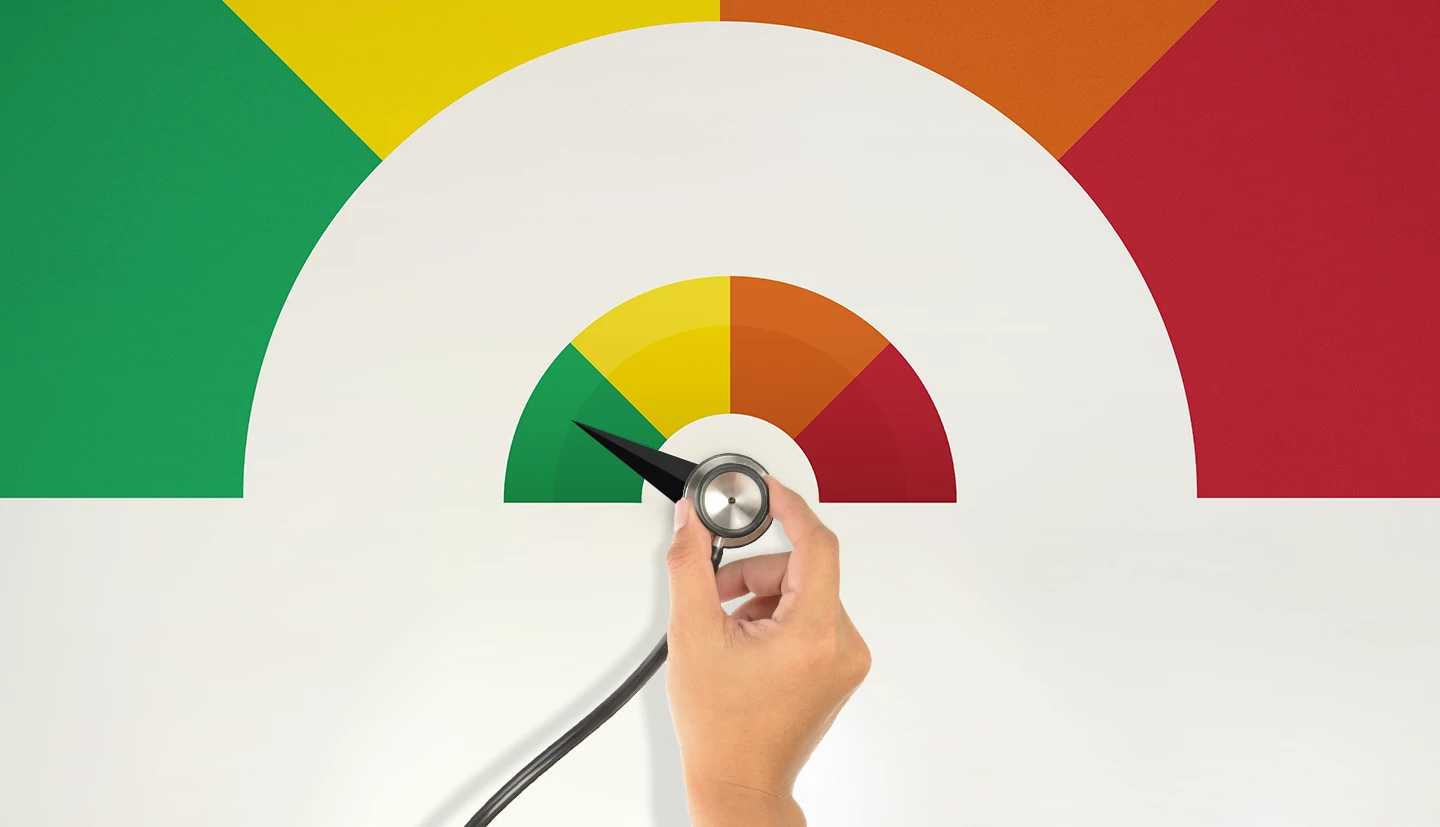AARP Hearing Center


Have you had a look at your credit lately?
If not, you're far from alone. A November 2023 survey by the credit reporting bureau Experian found that less than half of Americans make a monthly check of their credit score, that three-digit number that evaluates your creditworthiness. One in three don't know their score at all, according to a June 2023 poll commissioned by BadCredit.org.


AARP Membership— $12 for your first year when you sign up for Automatic Renewal
Get instant access to members-only products and hundreds of discounts, a free second membership, and a subscription to AARP the Magazine.
But credit industry experts and consumer advocates say there’s no need to be afraid. To the contrary: These days it’s easy to check your credit score, which mortgage companies, credit card issuers and other lenders use to decide whether to do business with you, and your credit report, which compiles details on your credit history, open accounts and outstanding debts. It only requires clicking a few keys on your computer and is a vital step for protecting against credit reporting mistakes or identity thieves who might saddle you with bad debts (and seriously lower your score).
The federal Consumer Finance Protection Bureau (CFPB) and other experts recommend checking it at least once a year.
“We certainly encourage consumers to take regular stock of their credit standing, just as they’re encouraged to get checkups from their doctor,” says Eric J. Ellman, senior vice president for public policy and legal affairs for the Consumer Data Industry Association, a trade group that represents credit reporting companies.
Here’s a primer on credit reports, plus tips on how to check on your score.
Credit reports and credit scores: What’s the difference?
Your credit report and your credit score — sometimes referred to as a FICO score (FICO is the registered trademark of the brand that first standardized credit ratings across the industry) — are two separate things, and there are multiple versions of each.
Your credit report is “the history of how you use your financial resources, your credit arrangements and agreements,” explains Rod Griffin, senior director of public education and advocacy for Experian, which, along with Equifax and TransUnion, is one of the nation’s three main credit reporting companies.
It will contain an array of personal information, such as addresses where you’ve lived, your phone numbers and your spouse’s name if you have joint accounts. More importantly, it contains records of the loans you’ve taken out and whether you repaid them on time.
Credit score basics
- Your credit score, a three-digit number between 300 and 850, indicates how likely you are to repay a future loan. Generally anything over 670 is considered good, while 740 and above is very good and 800 to 850 is excellent.
- Experian, Equifax and TransUnion are the nation’s three main credit reporting companies, but you can access all your credit reports through one website, AnnualCreditReport.com.
- The federal Consumer Finance Protection Bureau (CFPB) recommends checking all three of them at least once every 12 months to make sure they’re accurate and complete.
- If you see a sudden drop in your score that’s larger than a few points, it’s a signal that something may be seriously wrong.
Your credit score is calculated from that information, which is provided by your creditors. It’s in the form of a three-digit number between 300 and 850 and indicates how likely you are to repay a future loan. (Generally, anything over 670 is considered good, while 740 and above is very good, and 800 to 850 is excellent.)
Griffin compares a credit report to a paper that you write in school, while the credit score “is the grade that goes on the paper.”































































More From AARP
What to Know About the Latest Amazon-Impostor Scams
Be aware of the latest ways criminals use the company’s name to steal from consumersWhat to Do If You've Just Been Scammed
How one woman worked quickly — with help — to avoid being charged through PayPal
8 Things to Know About Election Disinformation and AI
Artificial intelligence spreads, amplifies falsehoodsRecommended for You